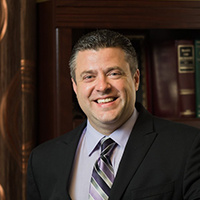Brownsboro Felony Lawyer, Texas
Sponsored Law Firm
-
 x
x

Click For More Info:
-
Stephanie Alvarado Attorney at Law
100 N Central Expy Suite 805 Richardson, TX 75080» view mapCriminal Defense Law Fighting Against Unjust Prosecution
Attorney Stephanie Alvarado is there for her clients when help is needed right away. Helping people charged with crimes in Texas for over 20 years.
800-988-5471
Not enough matches for Brownsboro Felony lawyer.
Below are all Brownsboro Criminal lawyers.
Jeremy Daniel Coe
✓ VERIFIEDJeremy Coe is a fourth-generation East Texan. He graduated from Winnsboro High School in 1991, where he was selected as “Best All-Around Boy.” A... (more)
Richard B. Patteson
✓ VERIFIEDA native of Jonesboro, Arkansas, Richard completed high school at The Hill School, a preparatory school in Pottstown, Pennsylvania, then graduated cum... (more)
John Wendel Greenslade
Bill D Rosenstein
FREE CONSULTATION
CONTACT Stephanie Alvarado Richardson, TX
Stephanie Alvarado Richardson, TX Practice AreasExpertise
Practice AreasExpertise



